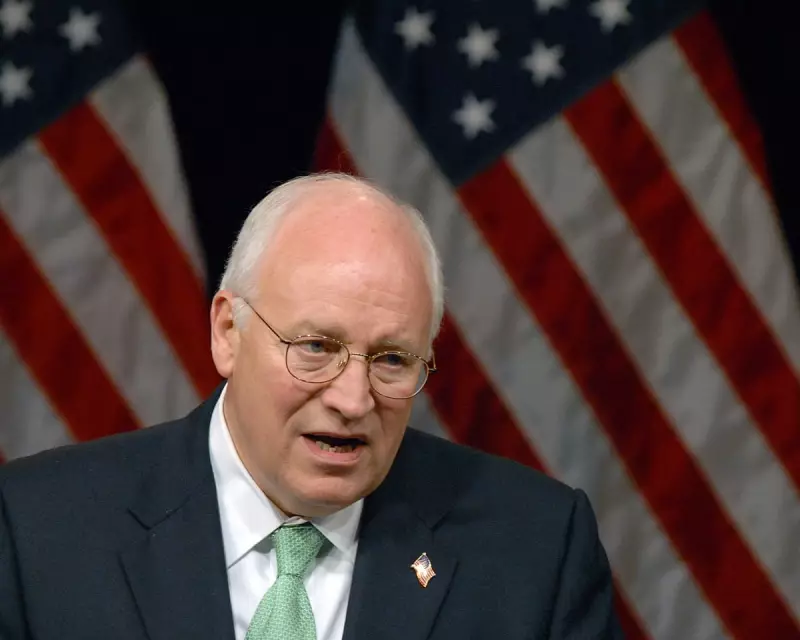
The political landscape of America lost one of its most formidable figures with the passing of Dick Cheney, whose tenure as Vice President under George W. Bush cemented his reputation as one of the most powerful and controversial figures in modern US history.
The Rise of a Political Titan
Cheney's journey to the White House was anything but conventional. Beginning his career as a congressional intern, he rapidly ascended through the ranks of Washington politics, serving as White House chief of staff, congressman from Wyoming, and Secretary of Defense before assuming the vice presidency.
His political philosophy was shaped during the Cold War era, developing a steadfast belief in robust executive power and an assertive American foreign policy that would define his later career.
Architect of Post-9/11 America
The terrorist attacks of September 11, 2001, became the defining moment of Cheney's vice presidency. He emerged as a central architect of America's response, advocating for:
- The invasion of Afghanistan to dismantle al-Qaeda
- The controversial Iraq War based on weapons of mass destruction claims
- Enhanced surveillance programs through the Patriot Act
- The establishment of Guantánamo Bay detention camp
"The vice president operated from an undisclosed location during this period, symbolising both the gravity of the threat and his central role in national security decisions," noted political historians.
Controversies and Criticisms
Cheney's tenure was marked by significant controversies that continue to spark debate among policymakers and historians alike:
The Iraq War Legacy
His unwavering support for the 2003 invasion of Iraq, based on intelligence about weapons of mass destruction that ultimately proved false, remains one of the most contentious chapters in recent American foreign policy.
Enhanced Interrogation Techniques
Cheney was a vocal defender of what critics called torture, authorising interrogation methods that included waterboarding of terror suspects—a practice he repeatedly justified as necessary for national security.
Halliburton Connections
His former role as CEO of Halliburton raised ongoing questions about conflicts of interest, particularly as the company secured billions in contracts during the Iraq War.
Later Years and Political Evolution
In a surprising turn, Cheney became one of the most prominent Republican critics of Donald Trump, warning against what he saw as threats to democratic norms and American leadership.
His daughter Liz Cheney continued this political legacy, serving in Congress and becoming a leading voice against Trump within the Republican Party—a development that highlighted the ongoing evolution of conservative politics.
A Complex Legacy
Dick Cheney leaves behind a complicated political inheritance. To his supporters, he was a steadfast defender of American security who made tough decisions in dangerous times. To his detractors, he represented an overreach of executive power that damaged America's standing internationally.
What remains undeniable is his profound impact on American politics—a shadow that continues to influence debates about presidential power, foreign policy, and national security to this day.
His passing marks the end of an era in Washington politics, closing the chapter on one of the most influential and divisive figures in modern American history.





